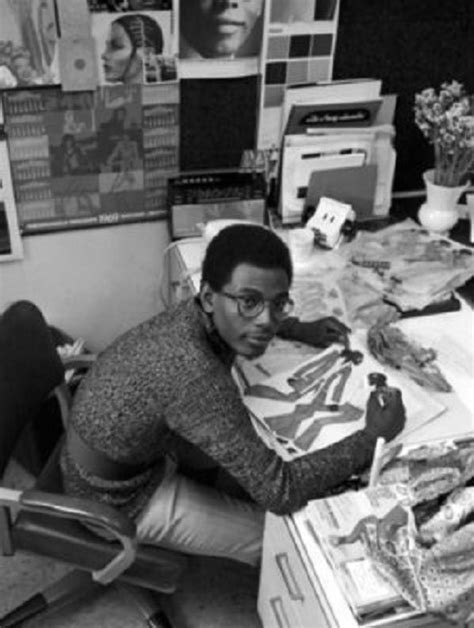A Quote by Joe Lonsdale
Fear is the wrong response to technological unemployment. Focusing on economic flexibility and adaptability - with special attention to eliminating the barriers we've accidentally created to the mobility of the working classes - is the right response to technological disruption.
Related Quotes
Based on technological research and the transformation of nature, industrialization constantly goes forward, giving proof of incessant creativity. While certain enterprises develop and are concentrated, others die or change their location. Thus new social problems are created: professional or regional unemployment, redeployment and mobility of persons, permanent adaptation of workers and disparity of conditions in the different branches of industry.
When we first started Fear factory, we asked ourselves what Fear Factory means, it was a cool name, but what did it mean? We obviously embraced the technological side of a factory, as a factory can be anything from something that insights fear, like a government machine, to something of futuristic technology, or it could be religion. So we embraced the technological side of it back in the early days.
Your mind, in order to defend itself starts to give life to inanimate objects. When that happens it solves the problem of stimulus and response because literally if you're by yourself you lose the element of stimulus and response. Somebody asks a question, you give a response. So, when you lose the stimulus and response, what I connected to is that you actually create all the stimulus and response.
There is always the working out of things, and you have to have sort of a gut response to it. And an intellectual response. And an aesthetic response. All that comes from having done this for a long time. Instead of saying, "That's a really good rock track, and that will do," I'm looking for something that is more original and fresh. There are a lot of elements to get into it: a level or sophistication, passion and excitement.
There's always new work to do. Adjusting to the rapid pace of technological change creates real challenges, seen most clearly in our polarized labor market and the threat that it poses to economic mobility. Rising to this challenge is not automatic. It's not costless. It's not easy. But it is feasible.
We might expect intelligent life and technological communities to have emerged in the universe billions of years ago. Given that human society is only a few thousand years old, and that human technological society is mere centuries old, the nature of a community with millions or even billions of years of technological and social progress cannot even be imagined. ... What would we make of a billion-year-old technological community?
The ideals of technological culture remain underdeveloped and therefore outside of popular culture and the practical ideals of democracy. This is also why society as a whole has no control over technological developments. And this is one of the gravest threats to democracy in the near future. It is, then, imperative to develop a democratic technological culture.


































